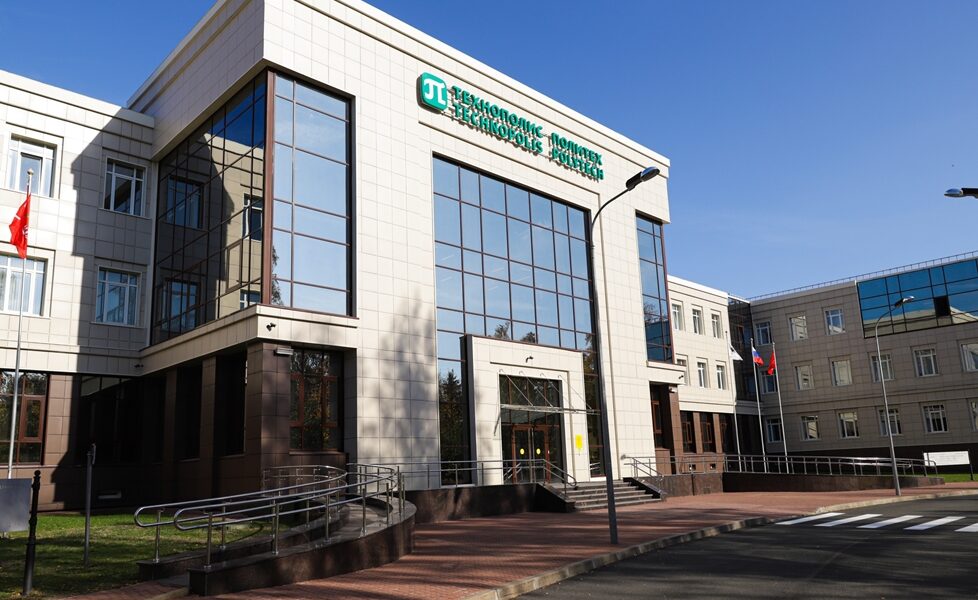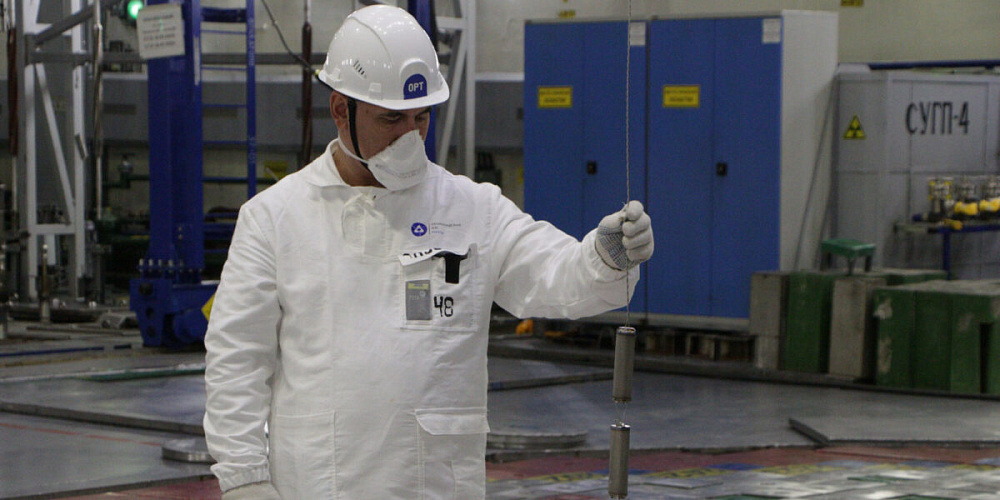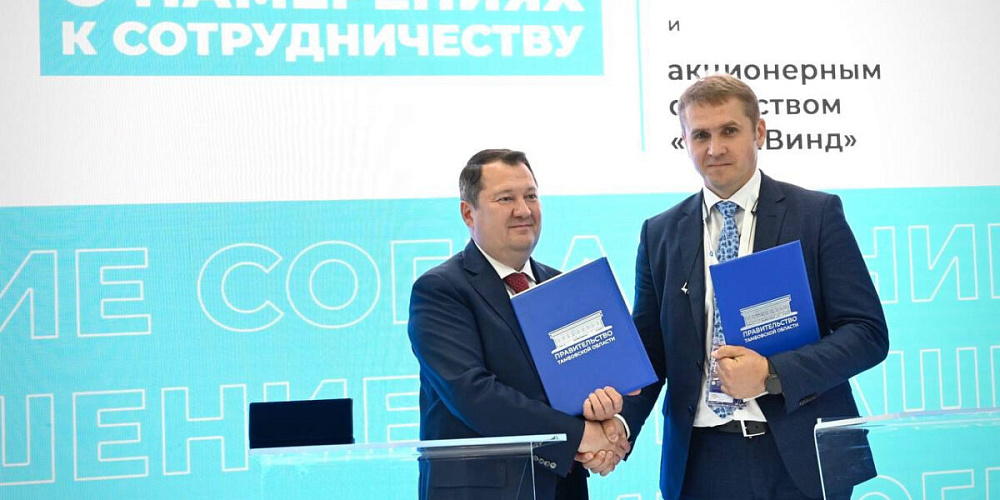Peter the Great St. Petersburg Polytechnic University (SPbPU, belongs to Consortium of Rosatom’s Flagship Universities) has set about creating a laboratory to study chemical technologies using digital solutions for hydrogen energy projects. This follows on the earlier initiated cooperation between CDBMB JSC (Rosatom's Mechanical Engineering Division) and the University.
The laboratory will have an area of 125 square meters on SPbPU premises. It will be equipped with the latest Russian-made equipment so that master’s students could carry out chemical technologies research, develop kinetic models of catalytic processes, including the production of hydrogen and its derivatives (ammonia, methanol, synthetic fuels, etc.), and collect data to create and verify digital twins. Up to 15 people will be able to work in the laboratory at the same time. The laboratory is scheduled to open in autumn 2024.
SPbPU Advanced Engineering School with the support of CDBMB JSC have organized "Digital Engineering of the Main Technological Equipment of Hydrogen Technologies and New Generation Energy Systems" new master's program for 2024-2025 academic year. The program starts on September 1, 2024.
"The importance of scientific research in masters training cannot be understated. In the new laboratory, students will not only master the methodology of scientific research and gain research experience, but will also be able to conduct important studies within the framework of the promising hydrogen energy projects of CDBMB JSC," noted Alexey Mikhailov, Director of Business Development at CDBMB JSC.
"Today, hydrogen technologies play a key role in the development of the chemical industry and energy sector. Modern energy sector needs an efficient and ecofriendly fuel, and hydrogen will become such an energy source in the near future. The knowledge-intensive projects of Advanced Engineering School in the interests of CDBMB JSC provide the foundation for new Gen equipment that will allow the industrial partner to become a technology licensor and take a leading position in the new industry," concluded Yuri Aristovich, Head of the "Digital Engineering of the Main Equipment of Chemical-Engineering Systems" scientific and educational center.
Reference
Rosatom is developing a wide range of technologies in the field of hydrogen energy, including electrolysis units to produce low-carbon hydrogen and composite high-pressure cylinders to store and transport it. Rosatom in cooperation with leading domestic automakers, Russian regions and other market participants is actively involved in the development of hydrogen transport projects, being responsible for the production of advanced solutions in the field of refueling infrastructure. This is the most promising market today, primarily for the passenger transport sector and long-haul freight transportation.
Central Design Bureau of Machine Building, Joint-Stock Company (CDBMB JSC, belongs to Rosatom’s Mechanical Engineering Division) is one of the leading companies of Rosatom with a multidiscipline design team, in-house research, experimental and production base. The bureau develops and manufactures main circulation pumps for Russian VVERs, designs and manufactures sealed, console, feed and emergency NPP pumps, as well as a wide range of remotely controlled equipment for work with radioactive materials, and offers new technological solutions in various areas of industry.
The mission of Advanced Engineering School of Peter the Great St. Petersburg Polytechnic University is to fulfil urgent engineering tasks of Russian high-tech industry companies and to develop a new type of engineering training through the digital transformation of educational approaches and technologies. The engineering school has been actively developing hydrogen technologies since 2022.
Consortium of Rosatom Flagship Universities is a community of higher education facilities created with the purpose of coordinating activities in the interests of the nuclear industry in the field of higher, postgraduate and additional professional education, as well as in the scientific field. The Consortium includes 20 specialized universities, including Bauman Moscow State Technical University (National Research University), Moscow Institute of Physics and Technology (State University), National Research Moscow State University of Civil Engineering, National Research Lobachevsky State University of Nizhny Novgorod, MISIS University of Science and Technology and others.
The Russian government and major Russian companies continue to expand the range of solutions so that students and young employees can fulfill their potential. Rosatom and its companies are involved in the creation of basic departments in Russian universities, implementation of scholarship support programs and major educational projects, organization of practical training and internships for students including their further employment.





